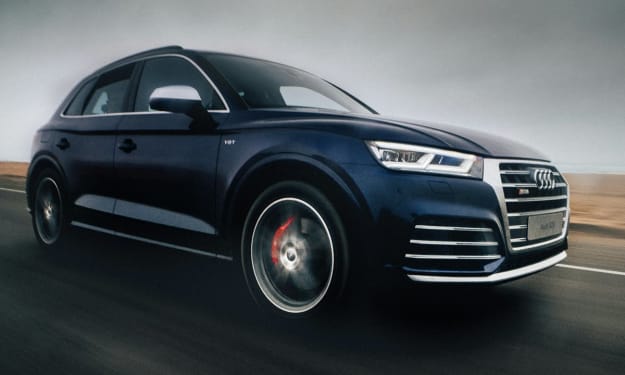Honda motor car product recalls
Honda Motor Car Product Recall: Protecting Drivers and Passengers from Potential Safety Risk

Introduction
Honda Motor Company, Ltd. is a Japanese multinational corporation primarily known for manufacturing automobiles and motorcycles. Founded in 1948, Honda has become a global powerhouse and one of the world’s most recognizable brands. While Honda’s vehicles are known for their reliability, the company has experienced a number of product recalls over the years. This paper examines the various product recalls that Honda has experienced, the reasons for the recalls, and the steps Honda has taken to ensure the safety of its consumers and the quality of its vehicles.
Background
Honda Motor Company, Ltd. was founded in 1948 in Japan by Soichiro Honda and Takeo Fujisawa. The company initially focused on bicycle manufacturing and later moved into the production of motorcycles. Honda was the first Japanese car manufacturer to establish itself in the United States in 1959 and has since grown to become a global leader in the automotive industry. The company is well-known for its reliable vehicles and is the world’s largest producer of internal combustion engines.
Product Recalls
Honda has experienced a number of product recalls over the years. These recalls have been due to a variety of factors, including defective parts and components, safety issues, and other design flaws. Some of the more notable product recalls that Honda has experienced are discussed in the following sections.
Airbag Defects
In 2008, Honda recalled more than 437,000 vehicles due to a potential airbag defect. The recall affected vehicles from the 2003 to 2008 model years and included the Honda Accord, Civic, Element, Odyssey, and Pilot. The issue was due to a defect in the airbag inflator, which could cause the airbag to deploy with too much force and potentially injure the occupants. Honda subsequently issued a recall to replace the defective inflators.
Fuel Pump Defects
In 2018, Honda issued a recall of over 1 million vehicles due to a potential fuel pump defect. The recall affected certain Honda and Acura models from the 2017 to 2019 model years. The issue was due to a defect in the fuel pump, which could cause the vehicle to stall and could potentially lead to a crash. Honda subsequently replaced the fuel pumps on affected vehicles free of charge.
Transmission Defects
In 2019, Honda recalled over 1 million vehicles due to a potential transmission defect. The recall affected certain Honda and Acura models from the 2016 to 2019 model years. The issue was due to a defect in the transmission, which could cause the vehicle to unexpectedly downshift and potentially lead to a crash. Honda subsequently replaced the defective transmissions on affected vehicles free of charge.
SRS Control Unit Defects
In 2020, Honda recalled over 1 million vehicles due to a potential SRS control unit defect. The recall affected certain Honda and Acura models from the 2006 to 2011 model years. The issue was due to a defect in the SRS control unit, which could cause the airbag to deploy with too much force or not deploy at all and potentially injure the occupants. Honda subsequently replaced the defective control units on affected vehicles free of charge.
Reasons for Recalls
Honda has experienced a number of product recalls over the years due to various factors. The most common reason for Honda’s product recalls is due to defective parts and components. In some cases, the defect could lead to an immediate safety issue, while in other cases the defect could cause long-term reliability issues. Other reasons for Honda’s product recalls include design flaws, manufacturing defects, and software issues.
Response to Recalls
Honda has taken a number of steps in response to its product recalls. The company has issued recalls for affected vehicles and has taken steps to replace the defective components free of charge. Additionally, Honda has implemented a number of strategies to improve the safety and reliability of its vehicles. This includes conducting extensive testing of new and existing vehicle components, implementing new quality control standards, and using more advanced manufacturing techniques.
Conclusion
Honda has experienced a number of product recalls over the years due to various factors. The most common reason for Honda’s product recalls is due to defective parts and components. Honda has taken a number of steps in response to its product recalls, including issuing recalls and replacing defective components free of charge. Additionally, Honda has implemented a number of strategies to improve the safety and reliability of its vehicles.
Overall, Honda’s product recalls demonstrate the company’s commitment to safety and quality. The company has taken steps to ensure the safety of its consumers and the quality of its vehicles. Honda’s focus on safety and quality has allowed the company to remain a leader in the automotive industry and a trusted brand for consumers.





Comments
There are no comments for this story
Be the first to respond and start the conversation.